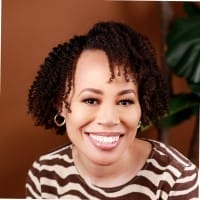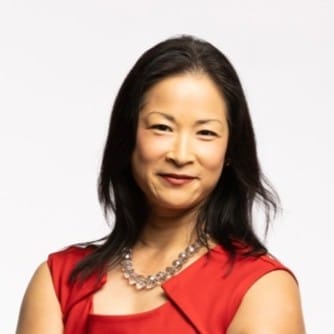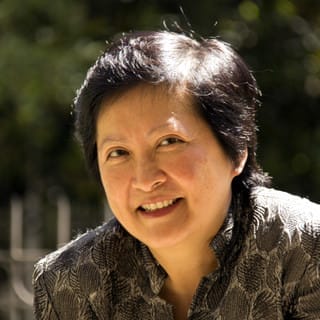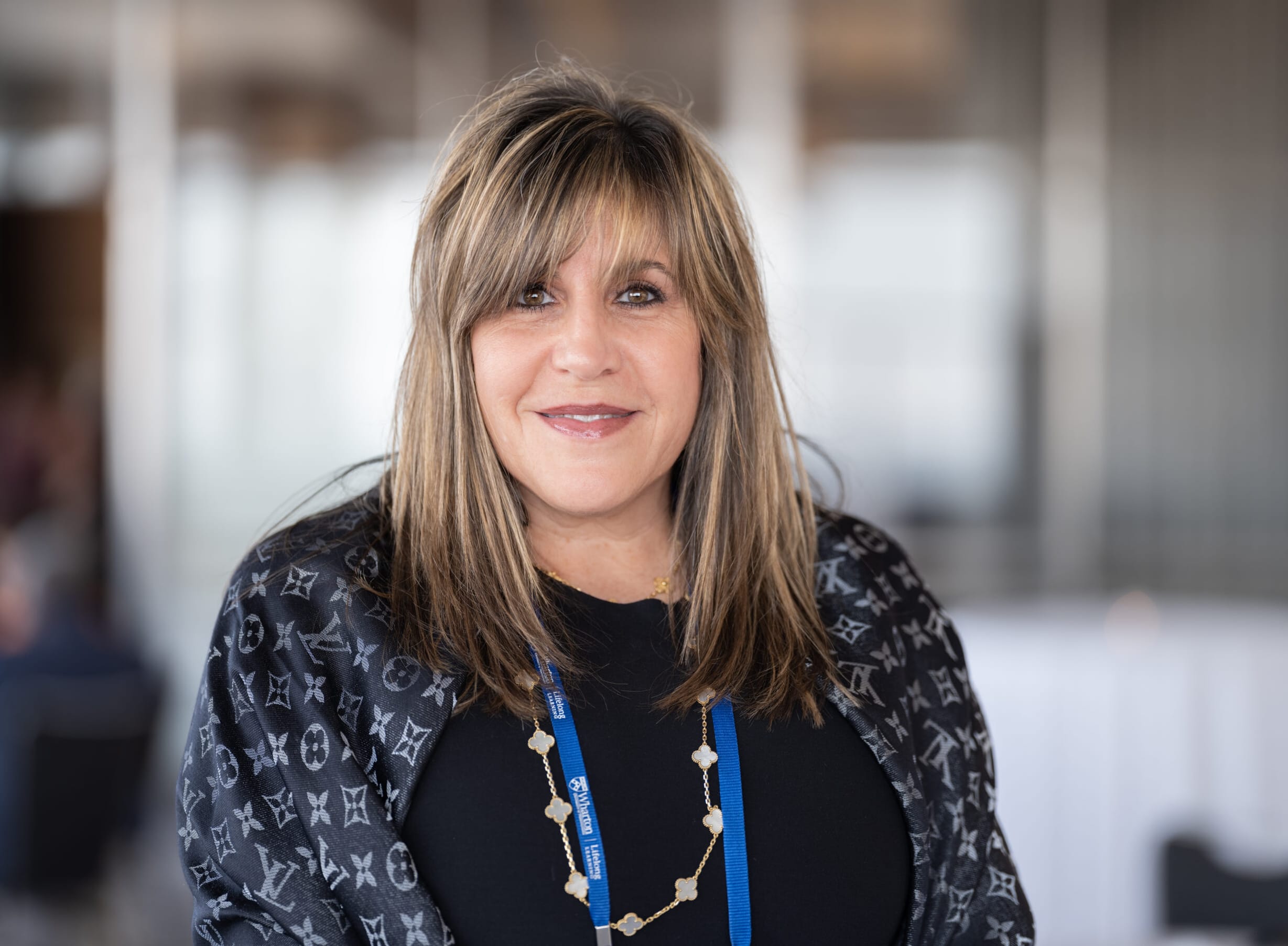The MBA Class of 2023 made Wharton history two years ago as the first to enroll more than 50 percent women. In light of the class’s graduation in May, we spoke to four alumnae at the Wharton Impact Tour event in Philadelphia about their careers and how being a woman in business has changed over the years.
“For me, Wharton’s value was professional, personal, social, and cultural,” said Jill Schildkraut-Katz WG93. “I had the opportunity to mature and refine who I wanted to be in my career and in life, and I’m thrilled there are more women who can now take advantage of the opportunity.” Schildkraut-Katz is currently the president of an advocacy and business development network for women at Morgan Stanley and was previously co-leader of a women’s leadership initiative at Merrill Lynch. She has spent years promoting gender diversity in the historically homogeneous world of finance. “I had sponsors who were mostly men because there weren’t that many women,” she said. “Now, it’s my responsibility to make sure that I help bring up other women in the industry.”

Shawnette Rochelle WG08
Going from West Point to Wharton, Shawnette Rochelle WG08 also knew what it was like to be the only woman in the room. The veteran credits the Army’s Advanced Civil Schooling program for her MBA. After graduating, she continued her career in military and civil service, followed by a research sabbatical across the globe that led her to launch Excellence Unbounded, an executive coaching company for social entrepreneurs and other leaders.
“[Wharton] has encouraged me to recognize the unique lens through which I see the world,” Rochelle said. “It’s very easy sometimes for us when we come from one place to discard what we bring to the table in a different setting.”

Christine Harada G03 WG03
Christine Harada G03 WG03 had a similar international mindset. She said it was connecting with likeminded women interested in working overseas that attracted her to the Lauder program. “I gravitated toward it because I grew up in a very Japanese bilingual, bicultural household,” she said. “That was the first time in my career that I was able to really leverage that upbringing.”
Like many Wharton alumnae, Harada, who is currently the executive director of the Federal Permitting Improvement Steering Council, started off pursuing an unconventional path for a woman — aerospace engineering. She remembers being one of three women in an organization of 120. (“The good news is there’s no line in the ladies’ room,” she joked.) In business school, Harada found both Wharton and Lauder enriching because the tight-knit international student base sparked conversations on how women are perceived differently in different places, especially in Asia, where gender-role definitions can sometimes be more rigid.
“In the United States, we’re talking through some of the strategies that we can collectively use to be taken seriously there,” said Harada. “What words do we use? Where do we sit? How do we support each other in meetings? So you have to be hypersensitive — and very deliberate.”
Raised in Brazil with Chinese heritage, Helena Wong WG83 agrees that there are additional obstacles multicultural women must navigate. At Wharton, she would record her finance classes and play them back a second time in her dorm to try to grasp the new language. “My English wasn’t so good, so I was terrified in class to raise my hand. Plus, the guys were more aggressive, outspoken, and competitive than I was used to,” said Wong, who today speaks four languages. “I had to really toughen up.”

Helena Wong WG83
While traveling for Western Union around the turn of the century to build their brand in hundreds of countries, Wong noticed that unconscious bias and lack of childcare were two major issues plaguing women in business worldwide. By middle age, her female colleagues were leaving their positions to tend to their families. “In other words, the race starts equal and then the women stay behind,” said Wong, who is the founder and CEO of Top Trend International. She believes companies should provide childcare as a key benefit and offer bias training to senior leadership.
The alumnae mentioned that groups such as the Wharton Women’s Circles and the Wharton Alumnae Founders and Funders Association can act as sounding boards for both personal and professional issues. While the journey to equitable gender representation continues, many alumnae look to the greater 100,000+ strong Wharton alumni network for continued support.
“We’ve been fortunate to have a very close group of friends from our graduating class,” said Schildkraut-Katz. “I love every opportunity to connect.”
Rochelle has asked classmates for feedback on everything from developing marketing to what her sabbatical might look like. She urges the class of 2023 to tap into that community as often as they can during their working life. “Continue to invest in building relationships within your class, maintaining the relationships that you built during the time that you were in school, but also taking advantage of the opportunity to get to know people who you didn’t know while you were in school,” she said. Harada said the Wharton alumnae network can be a safe haven where “you push each other and you don’t have to feel like you’re toning down your accomplishments.”
Besides moral support, there are tangible ways Wharton women have influenced each other’s careers. Wong said in her 30 years of mentoring alumnae, she has given insights on everything from resumes to startup pitches to salary negotiations. She offers this advice to the Class of 2023: “Now that you have achieved gender parity, carry it forward to senior leadership positions in your career and do not stop! Please also help mentor and sponsor the younger women that come after you.”

























